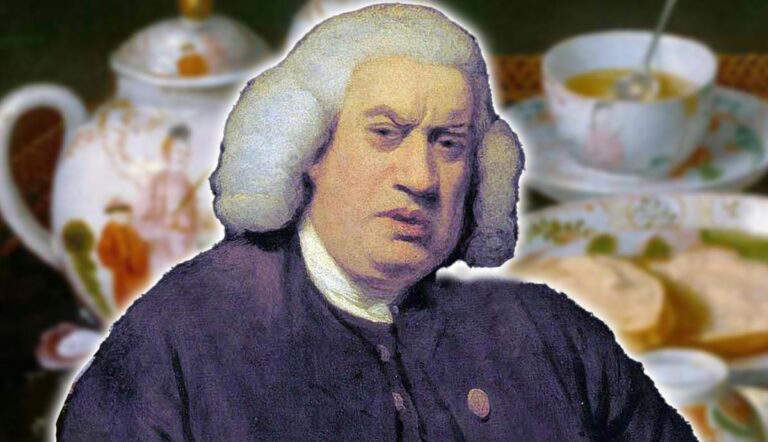- Ancient History
- History
- Medieval History
- American History
- Latin and South American History
- European History
- World History
- Art and Artists
- Renaissance Art
- 17th-19th Century Art
- Modern and Contemporary Art
- Artists
- Ancient and Modern Philosophy
- Travel and Culture
- Interviews
- Religion
- Answers
- Stories
- Collecting Art
- Film and Cinematic Artistry
- News
- Free Historical Maps and Infographics
Explore the vast world of literature, where timeless tales and contemporary narratives intertwine into character-driven dramas across cultures and epochs.
American writer Emily Dickinson explored and expounded upon the themes of nature and spirituality through life, love, and death.
While Jane Austen’s romance often distracts us from her heroines’ realities, Henrik Ibsen stares financial oppression dead in the face and offers his heroines hope.
Let’s explore five major literary works by Samuel Johnson. What are his most important publications about?
Despite her fame as a murder mystery writer, Agatha Christie had a significant—though lesser known—impact on and love for the world of theater.
Edgar Allan Poe was a master of Gothic literature. Although his stories are filled with gloom and mystery, they also contain universal truths.
Agatha Christie is a well-known author of the mid-twentieth century, particularly for her wildly popular mystery novels.
Language is a lot looser than most speakers assume. In fact, the adherence to linguistic assumptions is due more to societal expectations than language itself.
Theatre flourished under both Queen Elizabeth I and King James I however political changes, popular tastes and cultural advancements made the theatre an area of rapid development and led to key differences in these eras.











